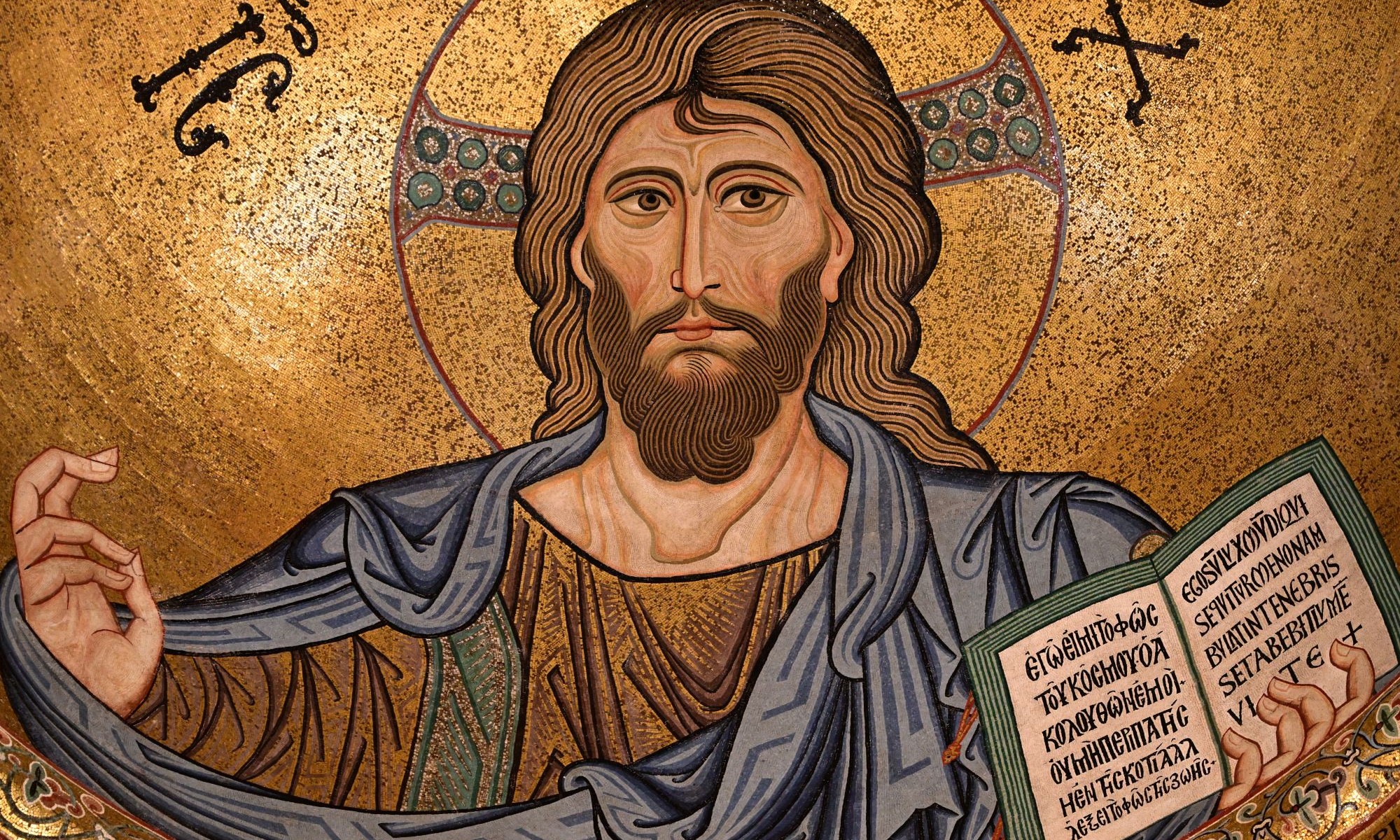Trinity Sunday, 2022. Year C.
This was a short sermon (actually probably a little too long even then) for our early service on Trinity Sunday. The sermon itself suddenly came to me very quickly, and was a response to people often asking me ‘why does the Trinity matter?’. I’m not saying that this is the only reason, or that the Trinity doesn’t matter, but the thought came to me that it’s very complexity is appropriate to our times.
Readings: Romans 5:1-5; John 16:12-15
When Rosie asked me if I would like to preach this morning, she didn’t mention it was Trinity Sunday until after I had agreed. And Trinity Sunday does seem to create fear in the hearts of preachers everywhere, which is a pity when it is also our patronal feast.
So why is this? It depends on how we want to talk about the nature of the Trinity, and certainly the doctrine of the Trinity is one of the most intellectually complex things that you can try and get your head around in Christian theology. But do we need to get our heads around it? Understanding intellectual complexity isn’t the benchmark of Christian faith.
I would argue that it is far more important to our faith to understand the unconditional love and forgiveness of God, and if we really start thinking about that, it is far more complex and difficult to get our head around than any of the arguments about the natures, persons, substances, and wills of the Trinity, and how many of each there are and how they relate to each other.
So why have we made the Trinity so complex? Why do we argue about it so much? The fundamental theological disagreement between western and orthodox Christianity, even 968 years later, is still the double procession of the Holy Spirit. Why did this matter so much to people.
And why do I think it shouldn’t matter now.
It mattered, in a way, because of science, and it doesn’t matter now so much, again because of science, or what we would now call science, and was once called philosophy.
It mattered because the people who had these arguments inhabited a world view where there was an idea that you could measure and define the world. And this became wrapped up in ancient and mediaeval views of rationalism and the relationship of science and religion. The idea that God had made us rational beings so that we could understand his creation, and had made his creation rational for us so that we could witness him through that creation.
We live in a very different scientific view of the world now. We have to understand that the cosmos is a more complex and mysterious place than we can possibly imagine. Many scientists still haven’t made this jump, but I think many Christians would instinctively understand it.
As one of my lecturers once said ‘you can’t put God in a box’. It was unfortunate that we had just been discussing the Ark of the Covenant, which rather undermined his argument at the time, but I think modern Christianity understands well that God is beyond our understanding. As we may say later in the Eucharist – ‘great is the mystery of faith’. Great indeed.
We understand now that God cannot be understood by us, and I think we are comfortable with an ambiguity and fluidity in our understanding of God that I think the apostles were also comfortable with, but which I think intervening generations forgot and we have only recently recovered.
Ambiguity and fluidity are core to our lives these days. There are plenty of people who bemoan this, as if it is removing the certainties of the old days, undermining us in some way, but the truth is that those certainties were never really there – they were just constructs that we created – walls that stopped us seeing too far in case we scared ourselves.
And I believe that as Christians, we should be at the forefront of accepting and understanding and embracing these ambiguities and flexibilities because we are confronted with them constantly, in the irreconcilable paradox that is the Holy Trinity. So rather than trying to analyse and dissect the nature of God, we should rather learn to love the complex and ambiguous God who has poured their love into our complex and ambiguous life themselves.
Amen
